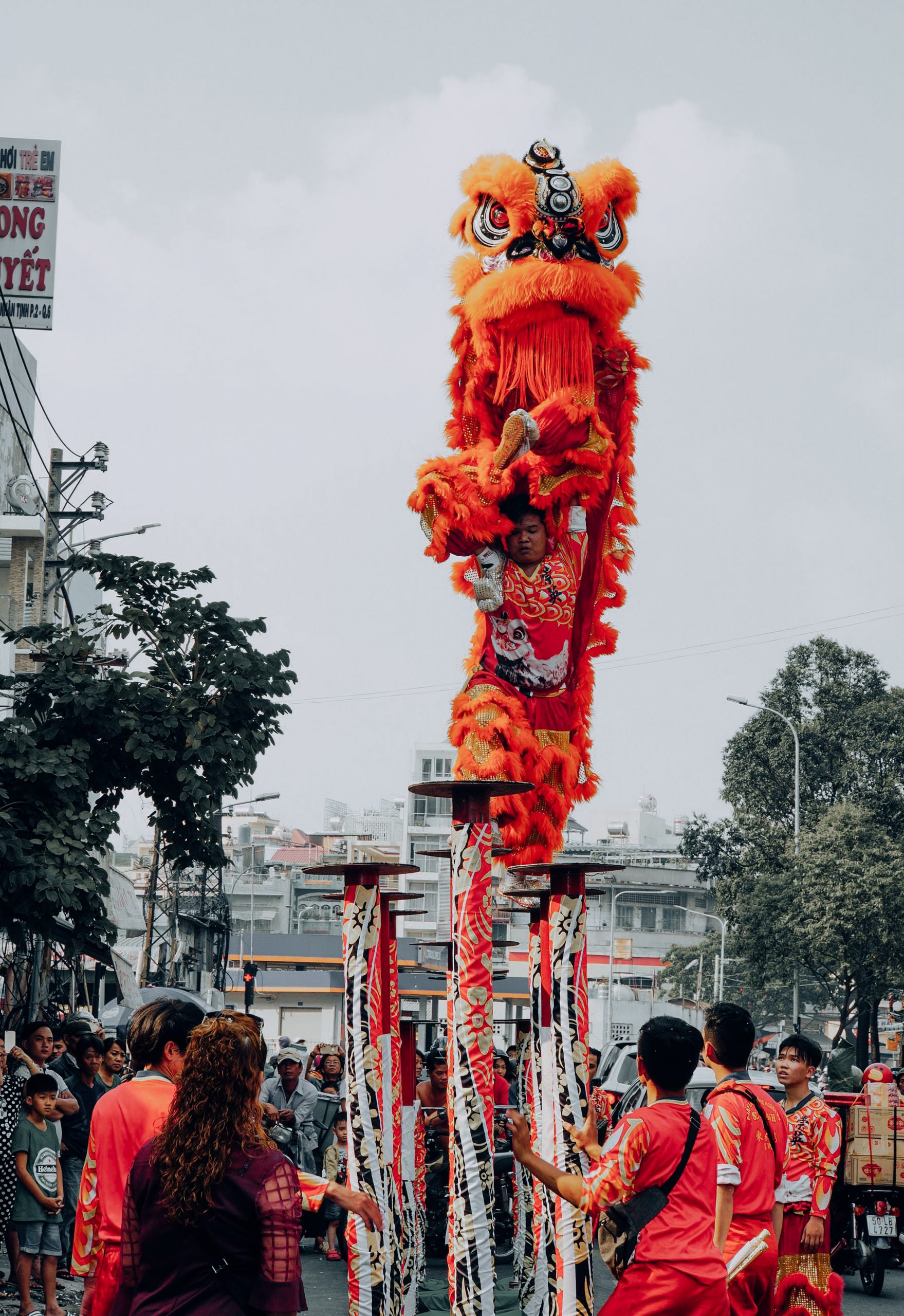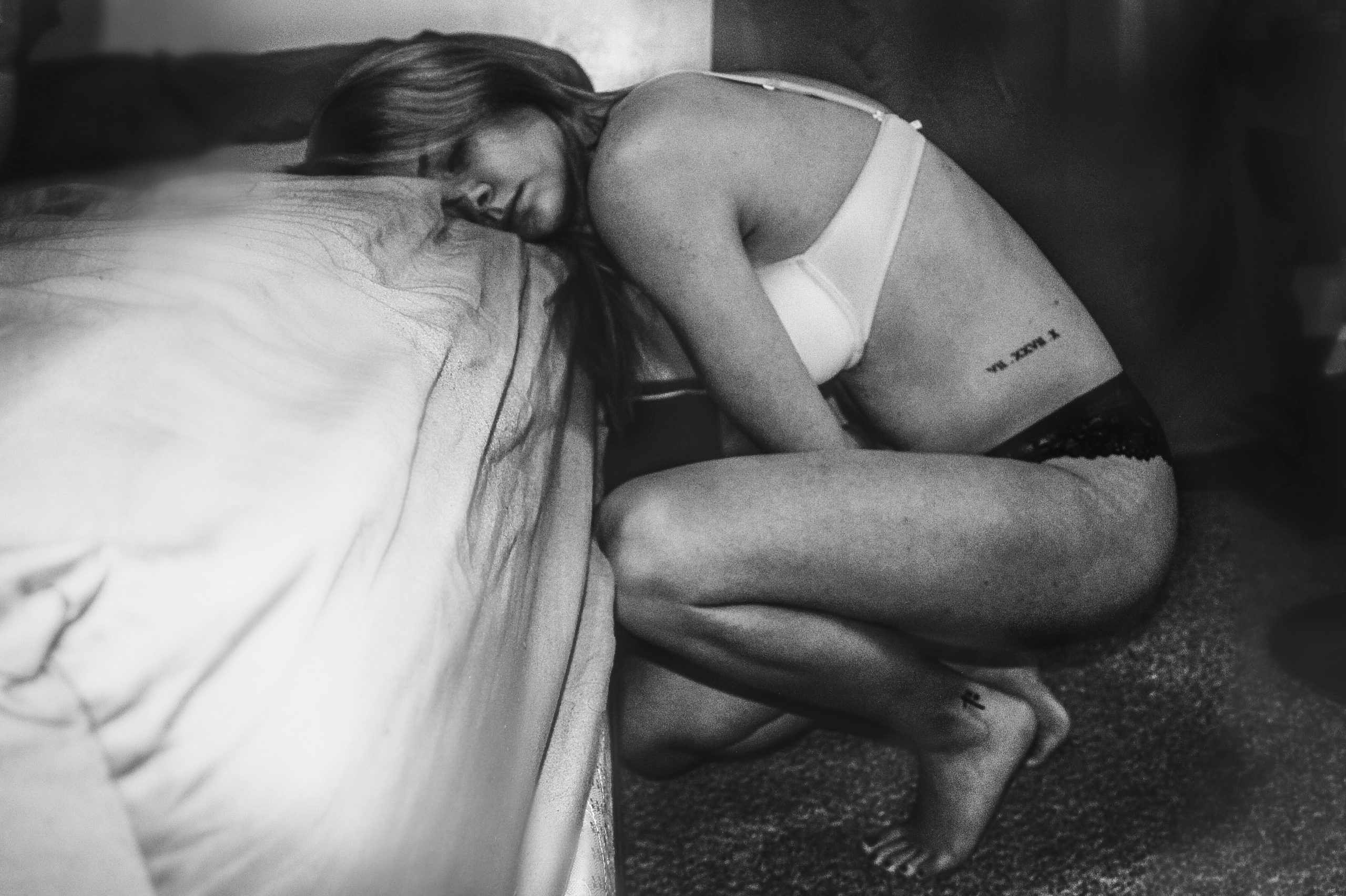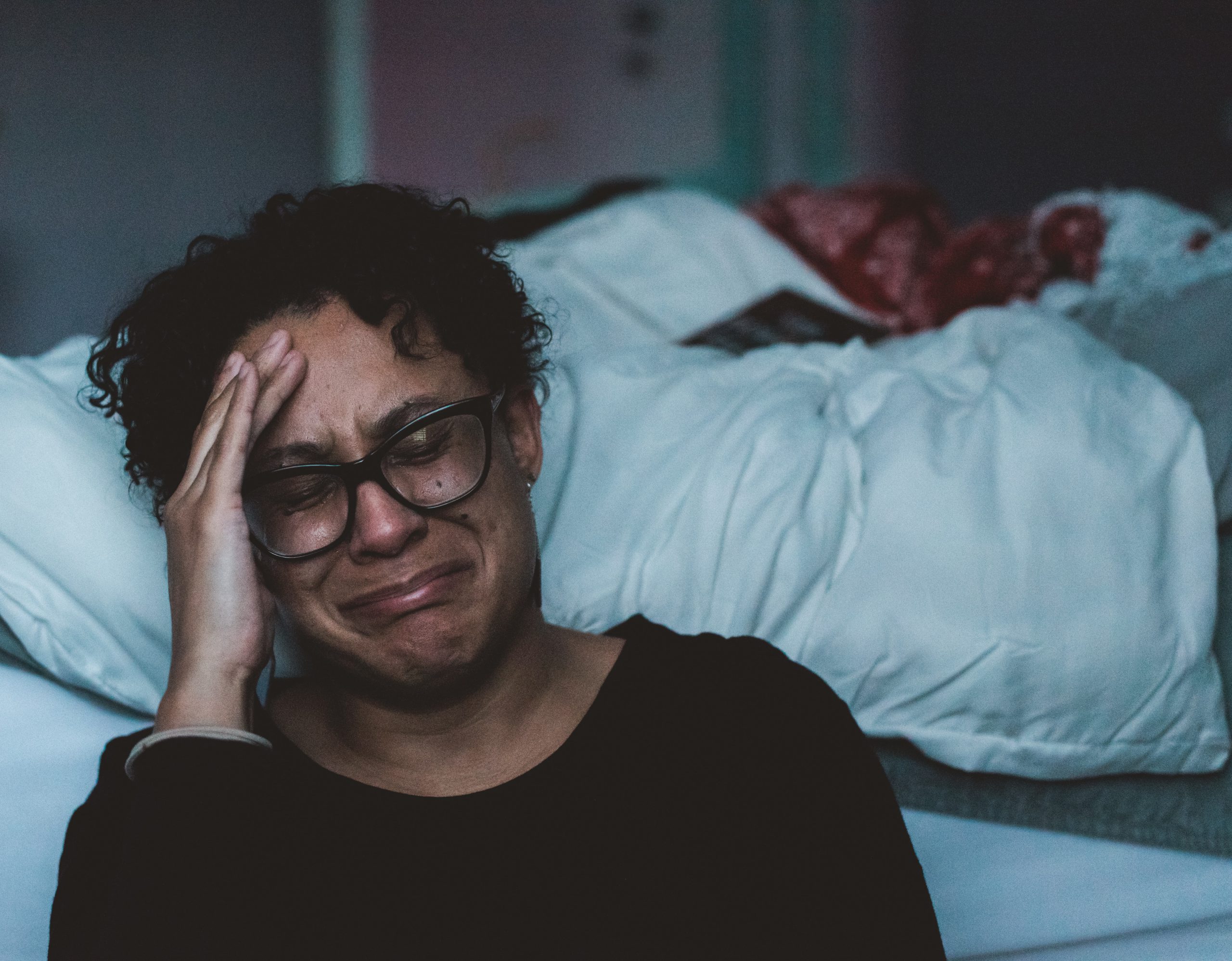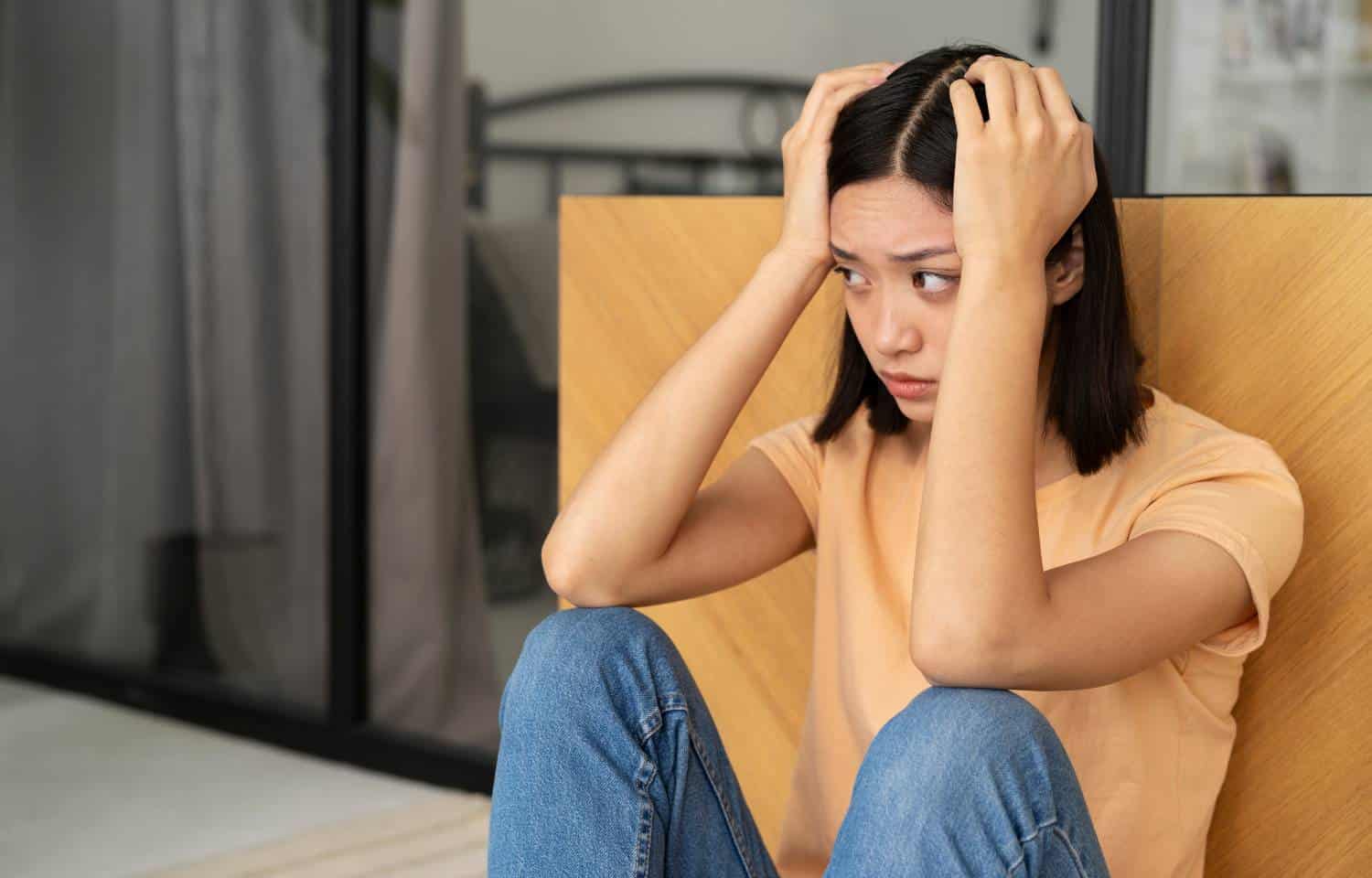
It’s a Feel-Good Season?
While a good number of people are excited for Lunar New Year celebrations, there are also some – especially those socially isolated or those estranged from family – who find this period more challenging to cope.
This does not mean that those struggling with mental health are averse to participating in festivities.
Events and gatherings that happen during this period can serve as opportunities for people to get more connected, and hence, insulate individuals from negative thoughts and self-harm. Contrary to popular belief, the holiday season can act as a buffer to thoughts of suicide.

Is seasonal depression applicable locally?
Seasonal affective disorder (SAD) is a form of depression linked to changes in season. People with SAD are likely to see their mood and energy levels worsen in fall and through the winter months, though it is also possible for some to experience depression in spring and early summer instead.
Treatment for SAD can include light therapy (phototherapy), psychotherapy and medications.
However, Singapore does not have four seasons. As a country situated near the equator, the climate here is tropical, and can mostly be described as wet or dry.
Local experts state that SAD does not apply in Singapore, as there is plenty of sunlight during the whole year. Even our monsoon seasons do not deprive us of sunlight to the point where SAD becomes applicable.
Sources: MayoClinic, TodayOnline

Seasonal depression in other parts of the world
In USA, statistics show that suicide rates are the lowest during December, and peak in the spring and fall. Even though suicides do occur during the holiday season, acting on suicidal thoughts takes energy, and it is only after winter that depressed people may have the energy and motivation to end their lives.
Holiday suicide myths may hamper prevention efforts due to misinformation and misdirection of resources.
Source: CDC, HopkinsMedicine

The talk about suicide prevention is never an easy one, and many people tend to shy away from such a ‘dark’ or ‘serious’ topic, choosing to focus on it only during World Suicide Prevention Day, National Suicide Prevention Week or Suicide Prevention Awareness Month.
Nonetheless, discussion about suicide prevention should not be limited to just a fixed period of time, when it is convenient for organisations to talk about it. One life lost to suicide is one too many.
As practitioners and advocates of mental wellbeing, we hold in our responsibility to highlight pressing psychological matters, even if it is difficult to do so.
This festive season, what can you do to elevate the wellbeing of yourself and others?
Source: Healthline

How can we support someone during this time?
If a loved one is struggling with mental health but has not disclosed it, be careful about labelling the individual with clinical disorders without the diagnosis of a psychologist or psychiatrist.
As every person suffering from mental health is unique, there is no one-size-fit-all approach as to how best to help one cope during the festivities.
A general guideline includes being present for the person, and listening with empathy. Family and friends could consider switching things up to reduce gathering-related anxiety, or allow an opt-out in certain rituals such large group gatherings.
Mental health helplines in Singapore:
- SOS (Samaritans of Singapore): 1-767
- Institute of Mental Health: 6389-2222
- Silver Ribbon Singapore: 6385-3714


